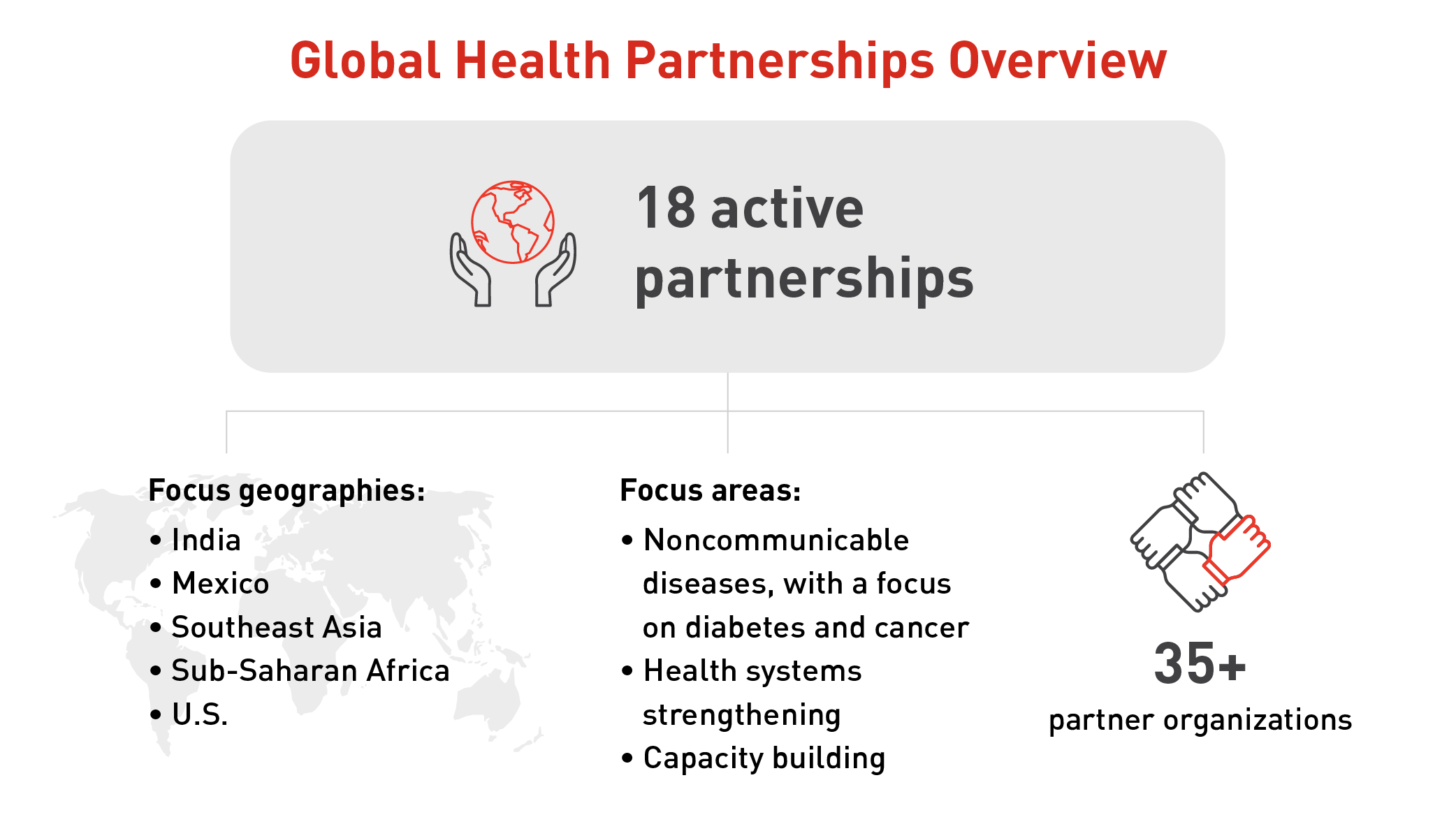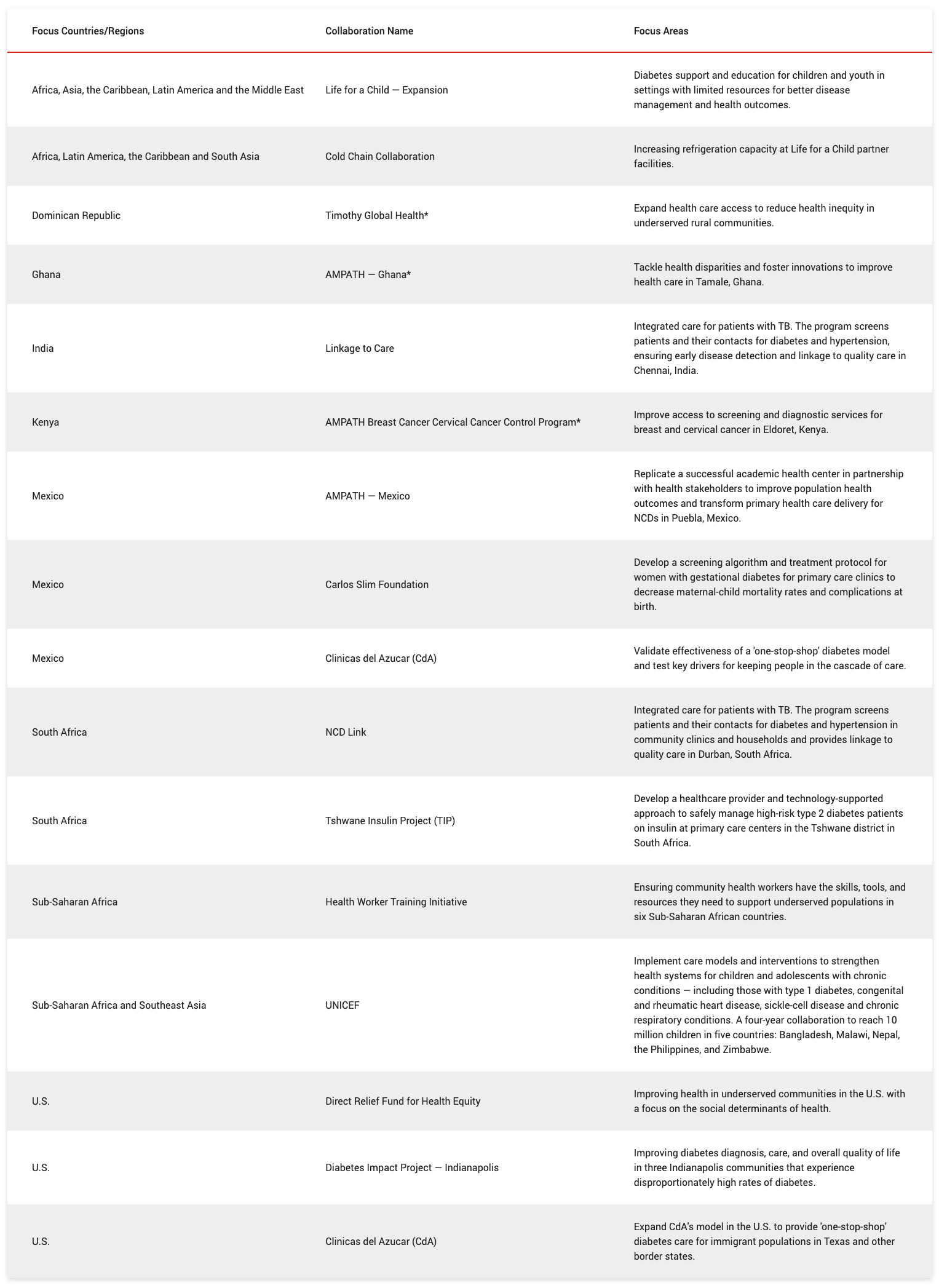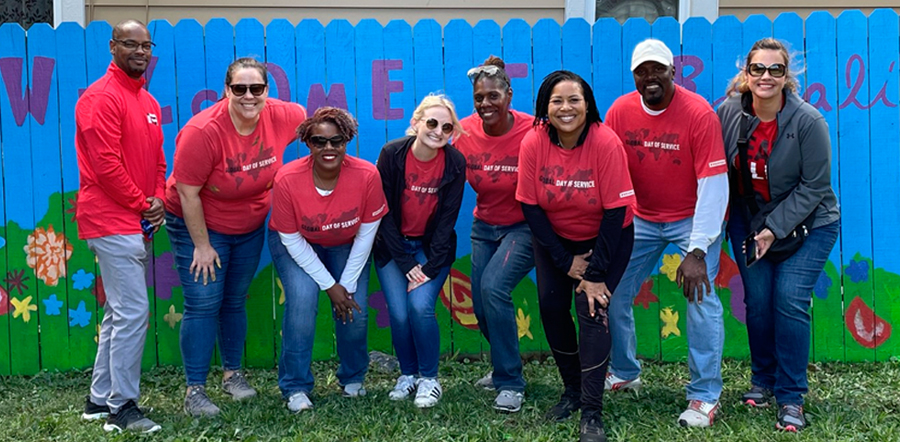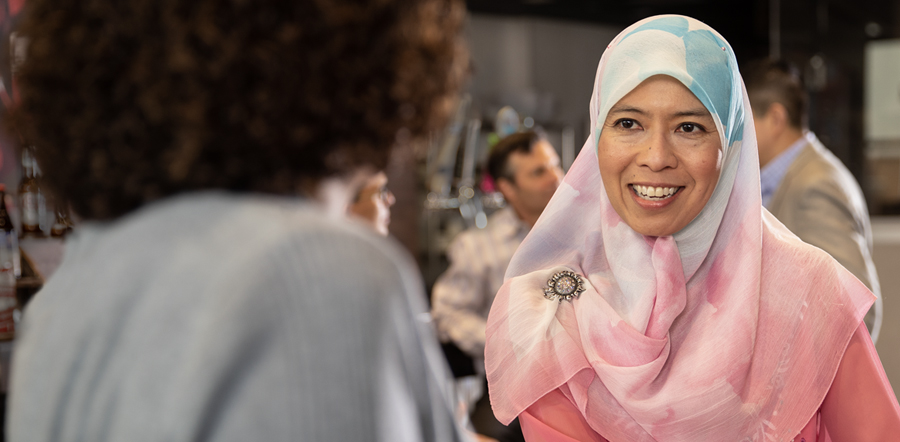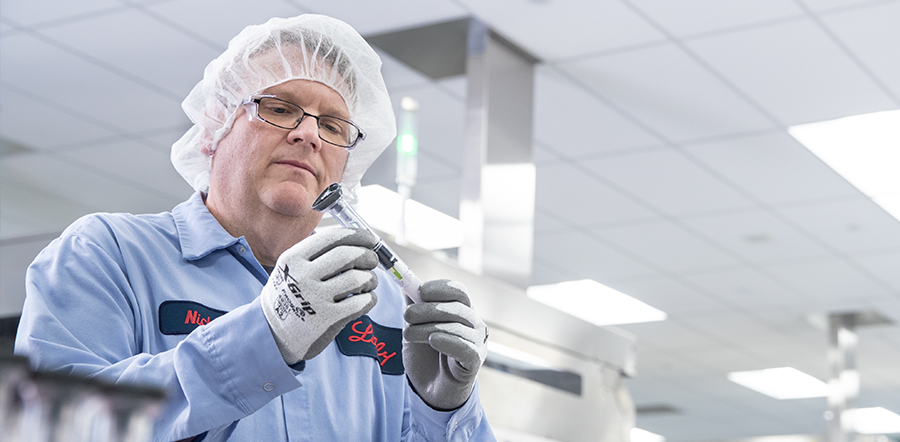Global Access & Health
Management Approach
Throughout our nearly 150-year history, Lilly has pioneered many life-changing medicines – including insulin, which has helped make diabetes a manageable disease; penicillin, which greatly reduced deaths from infection; fluoxetine, which revolutionized depression care; and COVID-19 treatments, which provided additional tools in the fight against the global pandemic. Today, over 51 million people use Lilly’s medicines.
Lilly employees from across the globe come together from diverse backgrounds to harness the power of biotechnology and aim to bring relief to millions of people with serious illnesses. We invest in innovation that helps solve some of the world’s most significant health challenges.
But we know that our commitment to patients and society goes beyond the medicines we make.
We are deeply committed to equitable and affordable access to our medicines so that our breakthrough medicines can transform more people’s lives. We’re also committed to expanding our impact on society by addressing complex global health challenges, with a focus on people living in communities with limited resources.
Reaching beyond industry boundaries, we collaborate with leading partners to reach more people and help them feel better in their daily lives. Our collective work benefits individual patients and the entire global health system.
Improving Global Access and Health
Beyond developing life-saving medications, we drive strategies to expand access to our medicines and improve quality healthcare globally. We advance collaborative, multisector initiatives to enhance the diagnosis, education, treatment and care of people living with noncommunicable diseases (NCDs) – especially those in historically-marginalized communities in the U.S. and low- and middle-income countries.
The human toll of NCDs is unacceptable, inequitable and increasing. According to the World Health Organization, there are 41 million deaths from NCDs each year, and this number is expected to rise to 52 million by 2030. NCDs including cancer and diabetes are the number one cause of death and disability worldwide. COVID-19 further exacerbated health discrepancies and highlighted an urgent need to act. Lilly’s deep knowledge and expertise in many of these disease areas can help contribute to eliminating the growing burden of NCDs on people around the globe.
Pricing Around the World
We sell medicines in approximately 110 countries around the world. Each country values medications and innovation differently, and each must balance competing demands for finite resources, including other health care products and services, as well as meeting other social needs, such as education or infrastructure.
At Lilly, we consider country-specific conditions when pricing medicines on a market-by-market basis to help ensure patients have affordable access to the innovative medications we develop. We support public policies to meet this same end. We strive to price our medicines to enable affordable access for appropriate patients, reflecting the value provided to patients, providers, payers, caregivers, the health system and society as a whole.
We explore new pricing and reimbursement models in different markets, and we advocate for policy changes that help increase access to medicines while protecting innovation and enabling development of new medicines. For example, we support value-based and outcomes-based reimbursement models that can deliver greater health and economic value to health systems.
As a global company, we are aware that patients in lower-income countries face economic circumstances that limit their ability to pay for medicines and health care. In response, Lilly is deploying alternative business models and innovative collaborations to help provide high-quality, affordable products for these markets. We also support efforts to decrease the final price of medicines to patients in these countries, such as minimizing out-of-pocket costs for patients and limiting markups across the supply chain.
Lilly 30x30
Through investments in people, medicines and health systems, we strive to improve access to quality health care for 30 million people living in settings with limited resources annually by 2030. We call this global effort Lilly 30x30. To achieve our goal, we are leveraging the company’s resources and collaborating with leading health organizations to increase access to Lilly medicines and address complex global health challenges. We work to enhance health across three areas of impact:
Pipeline – discovering medicines, repurposing internal assets and supporting external pipelines
Programs – strengthening and creating new programs that help improve access to Lilly medicines
Partnerships – building partnerships that strengthen health systems, increase access to medicines and improve care.
In each of these areas, we are working to develop high-impact, scalable solutions for people living in communities with limited resources.
Governance of Lilly 30x30
To embed accountability throughout the company, Lilly 30x30 is governed by a steering committee of 13 senior executives, including seven Executive Committee members and the head of Social Impact. Reporting to the CEO, this committee oversees management of key priorities and operational milestones to measure our progress and ensures the Lilly 30x30 program is strategically aligned with our business and core purpose of making life better.
Global Health Highlights
1 Includes value of medicines provided by Lilly to separate charitable organizations that offer free Lilly medicines to qualifying patients. Product donations valued at wholesale acquisition cost.
2 Includes financial commitments from Lilly and $13.6 million from the Eli Lilly and Company Foundation, a separate nonprofit organization, commonly referred to as the Lilly Foundation.
Explore our Social Goals and Progress
See important information about our ESG report.

